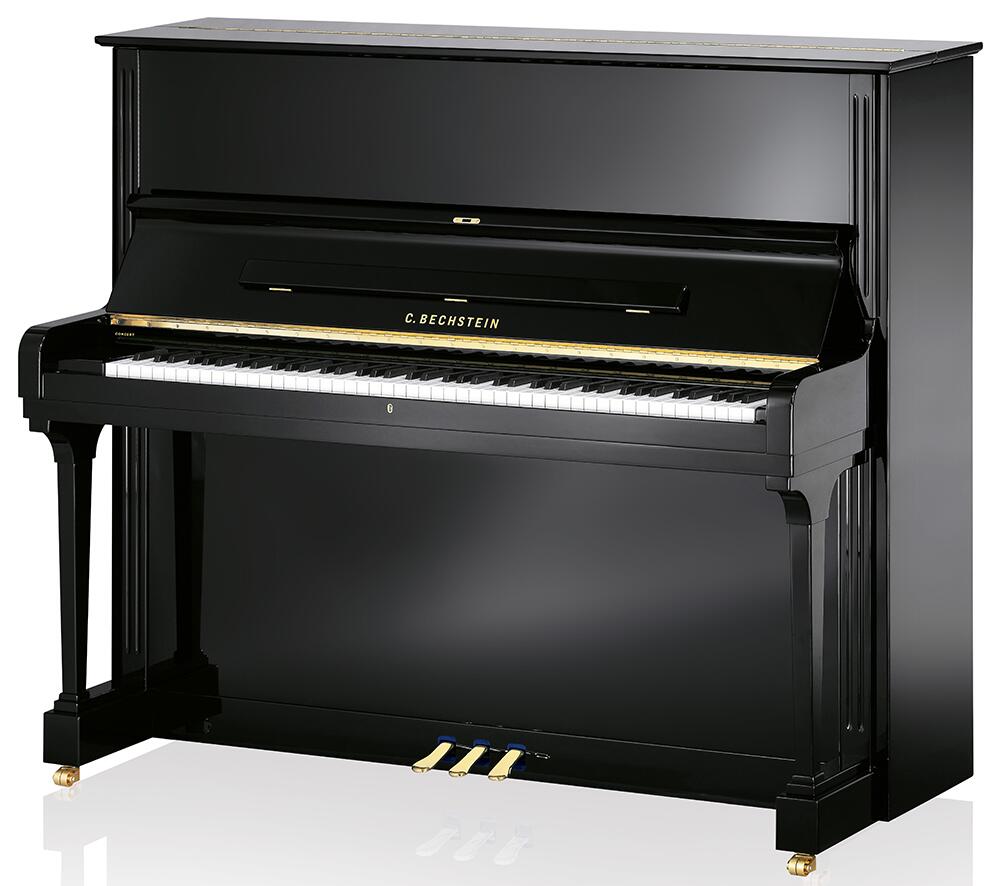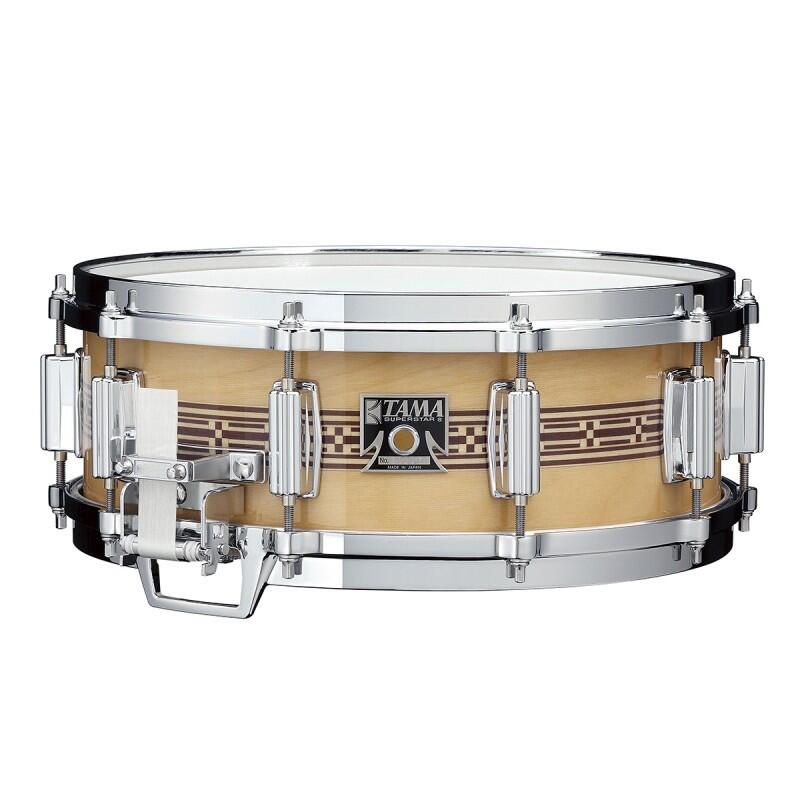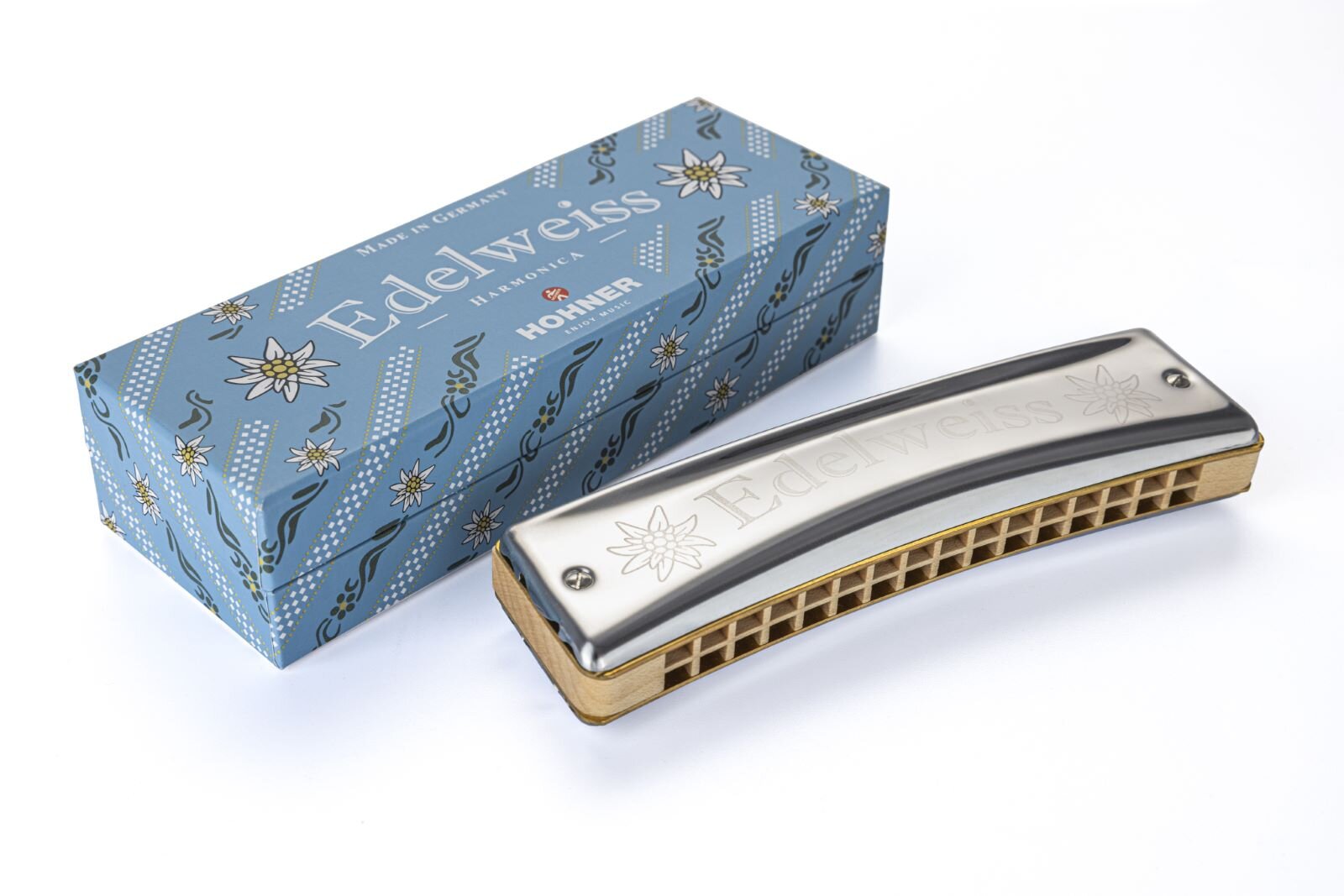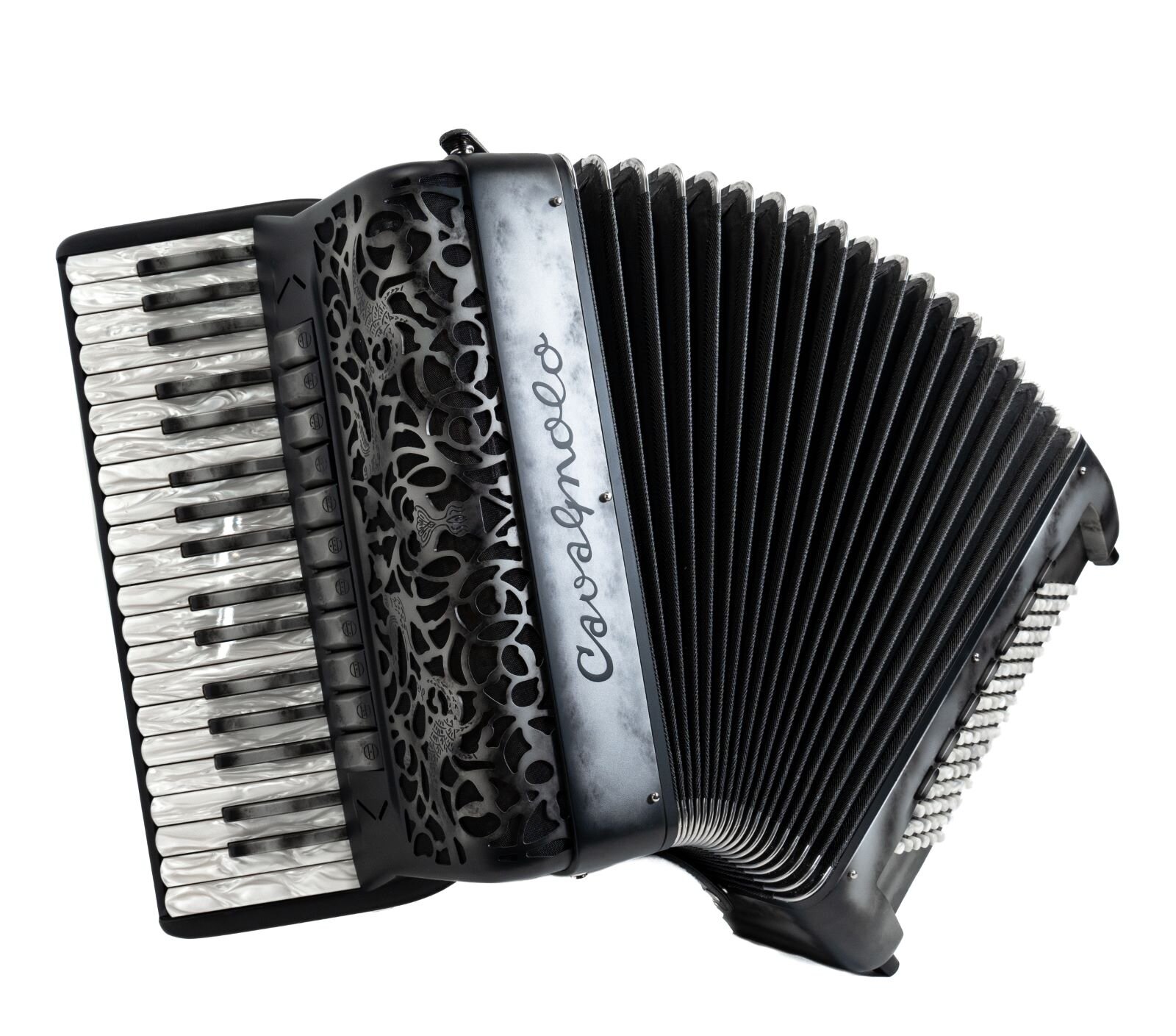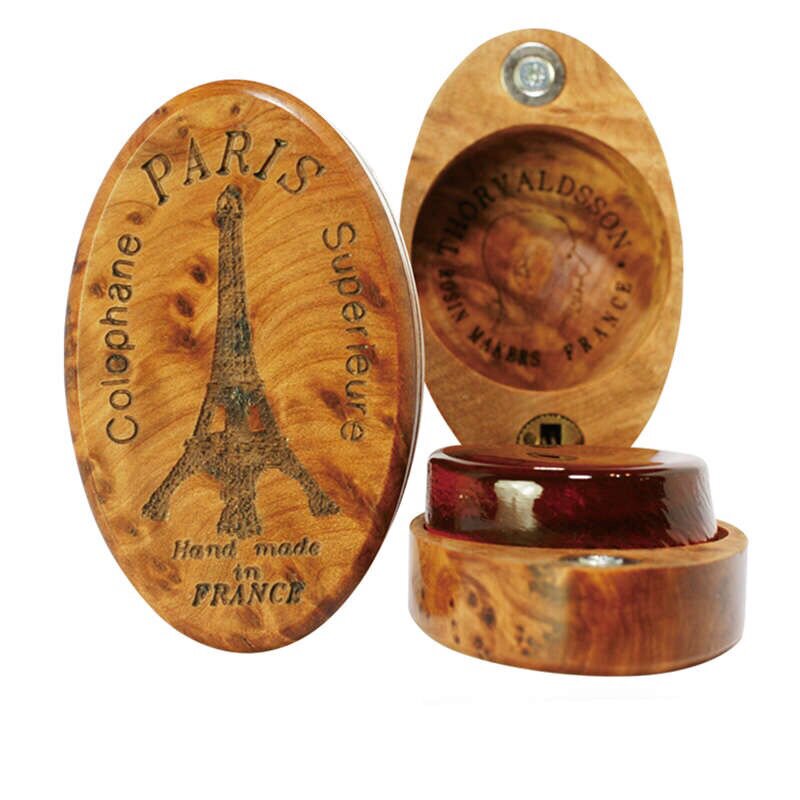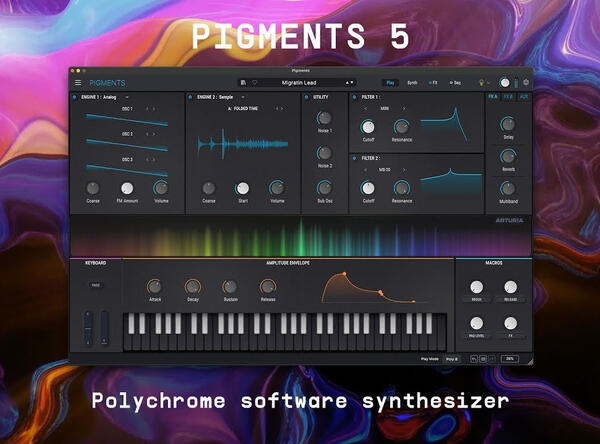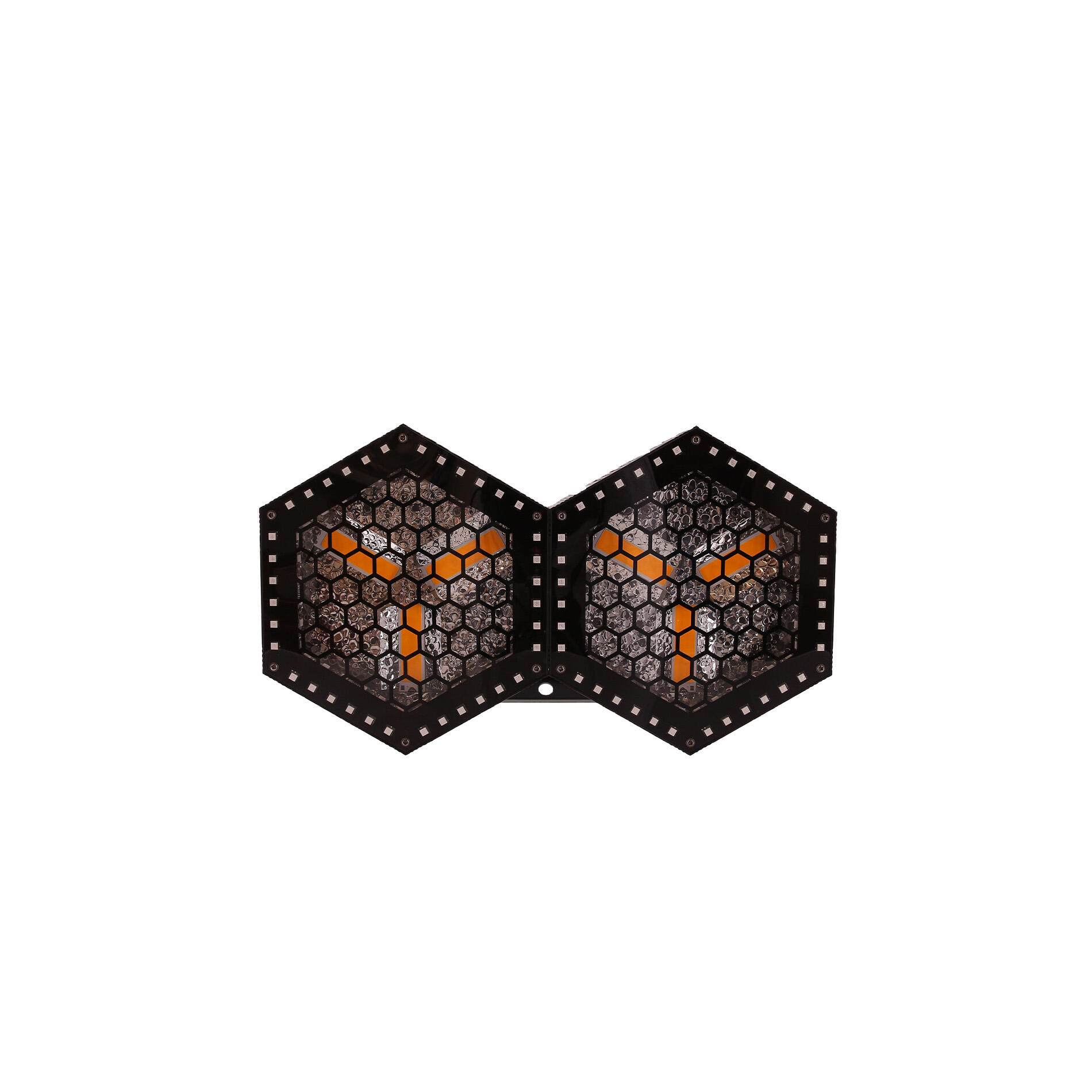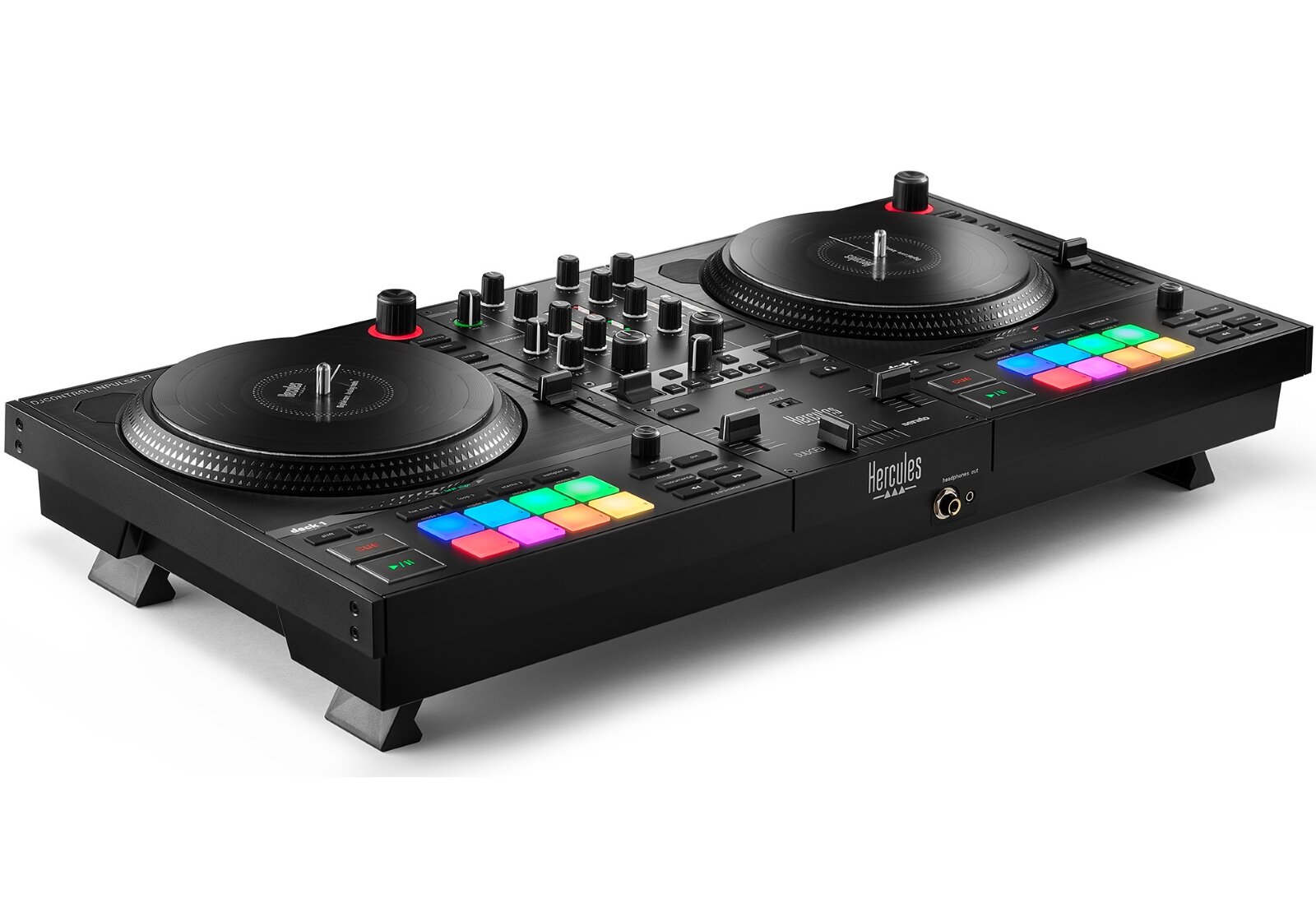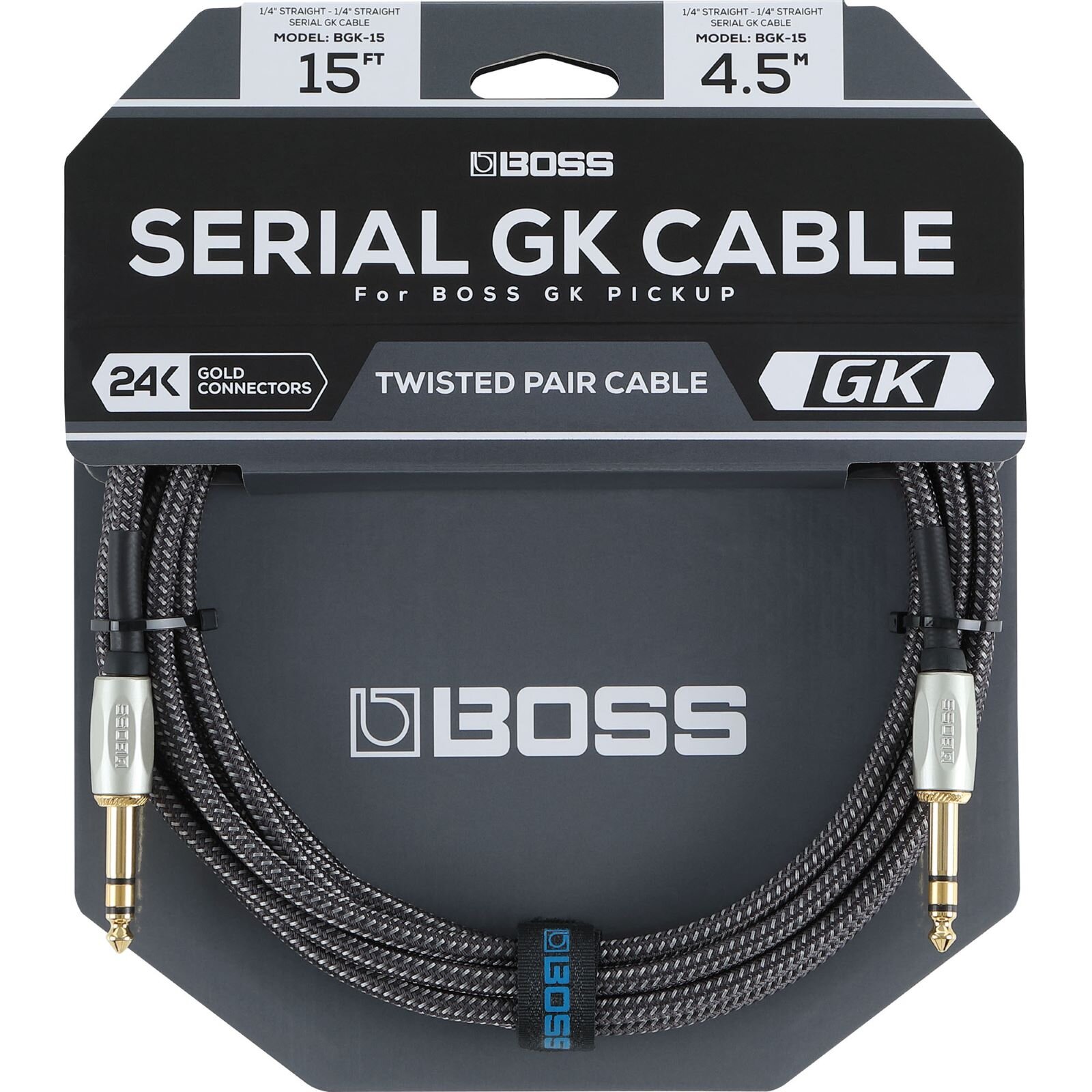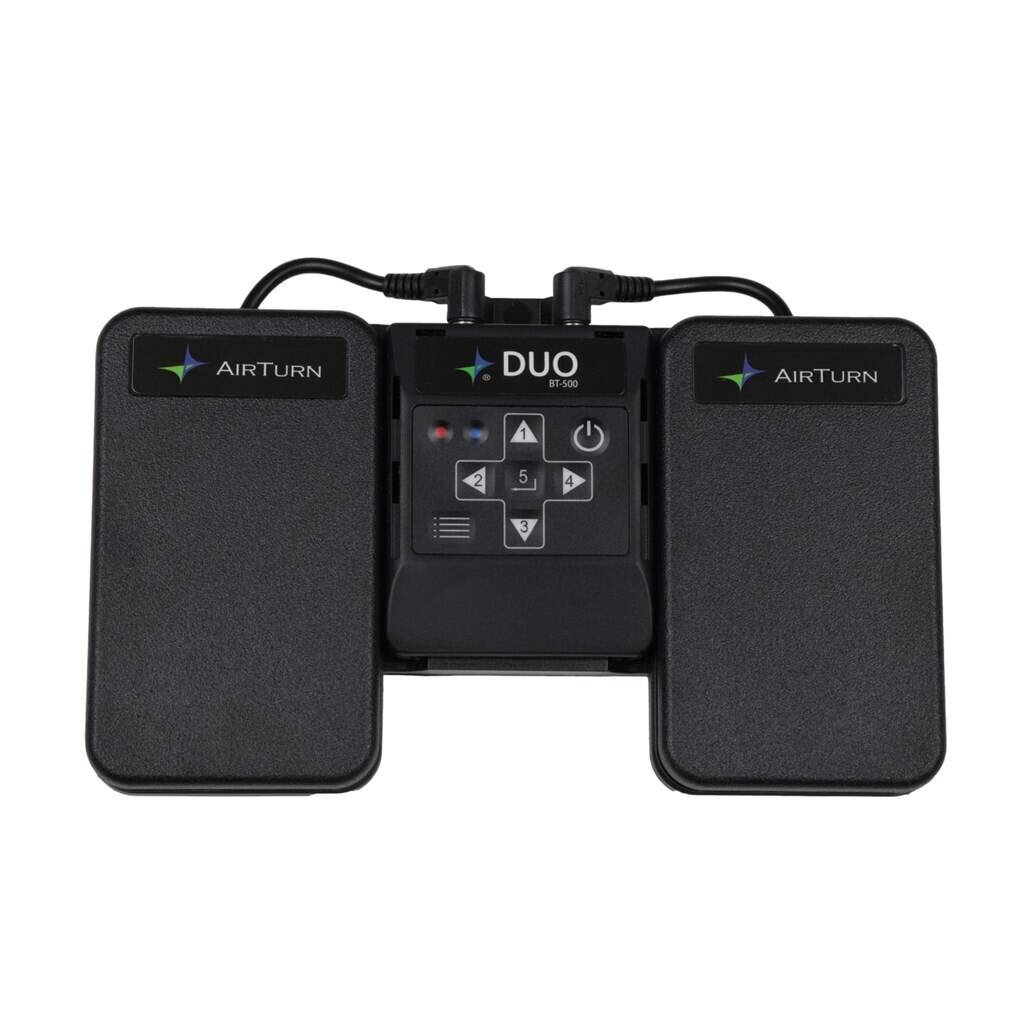To guarantee the sound qualities and optimum longevity of your piano, it is essential to follow a few rules, which are mostly common sense.
Maintenance & tuning
The most important is the tuning. For a new piano (<4 years), or for a small piano, it is recommended in our latitudes to tune twice a year, just after the change of season. It is essential for a good stability, to maintain the good balance of the enormous tension of the strings, more than ten tons for a small piano, and up to more than twenty tons for a concert piano!
The ear gets used very quickly to small changes that only a qualified tuner will know how to correct, which is why you should not wait until your piano is out of tune to call in a specialist, you have to tune it regularly so that it stay fair.
Every four to five years a revision of the mechanics and an intonation of the hammers is essential, the felts will be more or less worn or compacted depending on the frequency and the way you play. It will therefore be necessary to correct the play left by settling and wear by resuming adjustment and harmonization, or replace excessively worn parts if necessary.
The strings
A string game lasts for at least fifteen years. The harmonics, which make the richness of the sound, tend to disappear gradually after a certain time, due to wear and oxidation. This wear will be more pronounced for the bass strings because of their steel nature with a spun winding, generally copper. It will therefore be necessary to change them as soon as the sound loses in clarity. But a good quality piano can keep its strings for up to fifty years, it all depends on the quality of the strings, the humidity conditions and the way you play. For a concert piano, it is essential to have perfect strings, with perfect hammers, so to renew them regularly.
Where to install your piano?
Choose a furnished room so that the acoustic conditions are satisfactory: the sound of the piano must reach you directly, and be quite dull, it must not resonate or rotate throughout the room, you would lose a lot in precision. Far from any source of heat, sheltered from any climatic variation and from the sun’s rays: for these reasons we prefer to place an upright piano about ten centimeters from an interior wall. This allows air to circulate and let the sound flow. For a grand piano the surface of the ground plays an important role: with a hard ground, the sound will bounce, loud and clear. You can mitigate it by placing a mat. The best material for sound is wood, of course.
Humidifier
The less changes in temperature and humidity the piano will experience. We recommend a temperature between 19 and 23 ° C, with a humidity between 45 and 55%. (ideally 21 ° C at 49% humidity). We strongly recommend the presence of a humidifier in the room where your piano is located, or the installation by one of our technicians of a self-regulating system of the humidity level specific to the piano: Damp-Chaser. Ultraviolet rays act on all finishes. A piano exposed to the sun does not hold the tuning, and sees its color deteriorate. And not all of this damage is covered by warranty.
High humidity
Too high a humidity level, greater than 70%, may initially block the mechanism. Then quickly the curve of the soundboard will be accentuated, which will increase the tension of the strings, and unbalance the tuning: the medium notes will be tuned higher than the basses and the trebles. In a second step, we will observe a premature oxidation of the metal parts, strings, pegs, mechanical axis … Then mold will eventually appear.
Low humidity
A humidity level that is too low, less than 40%, is dangerous for your piano. The soundboard will dry out until it splits, which will have disastrous consequences on the tone. At first the curve of the soundboard will collapse, reducing the tension of the strings. The piano will therefore be tuned too low, this is a sign to which you must react quickly by raising the humidity level of the room, your health will also benefit.
Conclusion
Playing regularly on his piano also contributes to his good health! Lnerting too long, the strings and the soundboard lose their vibratory capacities, and therefore their musical qualities. In short: play regularly, have your piano tuned at least once a year. Do not hesitate to make an appointment with our workshop .

